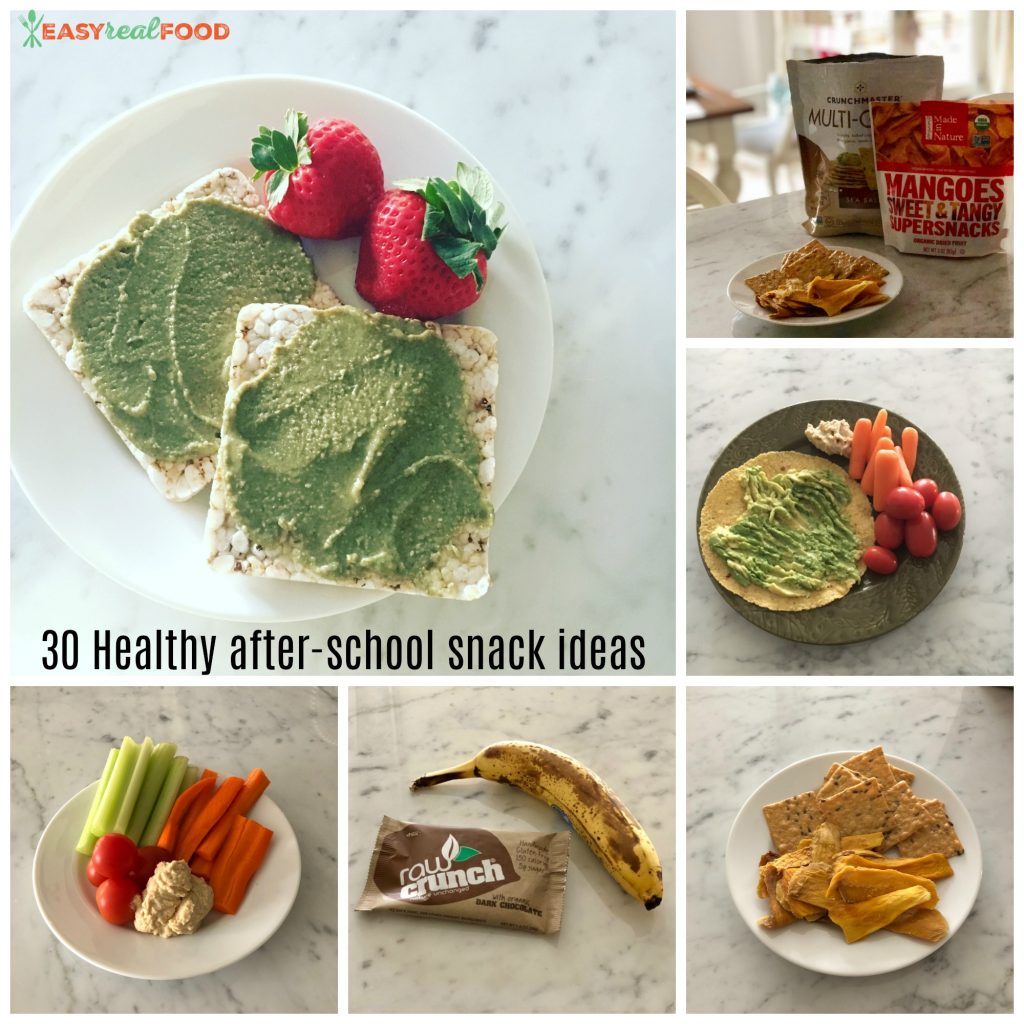Healthy Snacks for Kids: Smart Choices

Subheading: Understanding the Importance of Healthy Snacking for Kids
In the realm of children’s nutrition, snacks play a pivotal role. Opting for nutritious snacks not only satisfies hunger but also fuels growing bodies with essential nutrients. Discovering the right balance ensures kids receive the sustenance they need for optimal health.
Subheading: Embracing Fresh Fruits and Vegetables
Offering a variety of fresh fruits and vegetables introduces kids to diverse flavors and essential vitamins. Snack time becomes an opportunity to explore colorful and nutrient-rich options such as apple slices, carrot sticks, berries, or cucumber rounds.
Subheading: Incorporating Dairy and Alternatives
Dairy products like yogurt, cheese, and milk provide calcium and protein vital for kids’ growth and bone development. Non-dairy alternatives such as fortified almond milk or soy yogurt offer similar benefits for children with lactose intolerance or dairy restrictions.
Subheading: Whole Grains for Sustained Energy
Whole-grain snacks like whole-grain crackers, popcorn, or oatmeal cookies supply fiber and carbohydrates, promoting sustained energy levels in active kids. These snacks offer a healthier alternative to refined grains, aiding in better digestion and overall health.
Subheading: Nutritious Nuts and Seeds
Nuts and seeds are compact sources of protein, healthy fats, and essential nutrients. Offering options like almonds, walnuts, pumpkin seeds, or sunflower seeds as snacks introduces kids to nutrient-dense foods beneficial for their well-being.
Subheading: Homemade Snack Creations
Engaging kids in creating their snacks fosters an appreciation for healthy eating. Simple recipes like homemade granola bars, trail mix with dried fruits and nuts, or veggie-packed muffins allow children to participate in snack preparation.
Subheading: Limiting Sugary Treats and Processed Snacks
Minimizing sugary snacks and processed foods reduces unnecessary sugar intake, helping to prevent dental issues and maintain a healthy weight. Opt for healthier alternatives like fresh fruit popsicles or homemade fruit sorbets.
Subheading: Hydration: Encouraging Water Intake
Encouraging kids to drink water throughout the day supports overall health. Hydration is crucial, and replacing sugary drinks with water or flavored water infusions ensures kids stay refreshed and energized.
Subheading: Balancing Snack Portions and Timing
Maintaining balance in snack portions and timing prevents overeating and supports a regular eating schedule. Scheduled snacks between meals help regulate appetite and ensure kids receive necessary nutrients throughout the day.
Subheading: Conclusion: Prioritizing Healthy Snacking for Kids
For more insights and ideas on providing healthy snack options for kids, visit here. Prioritizing nutrient-rich snacks not only fuels children’s growth but also instills lifelong healthy eating habits, promoting their overall well-being.


